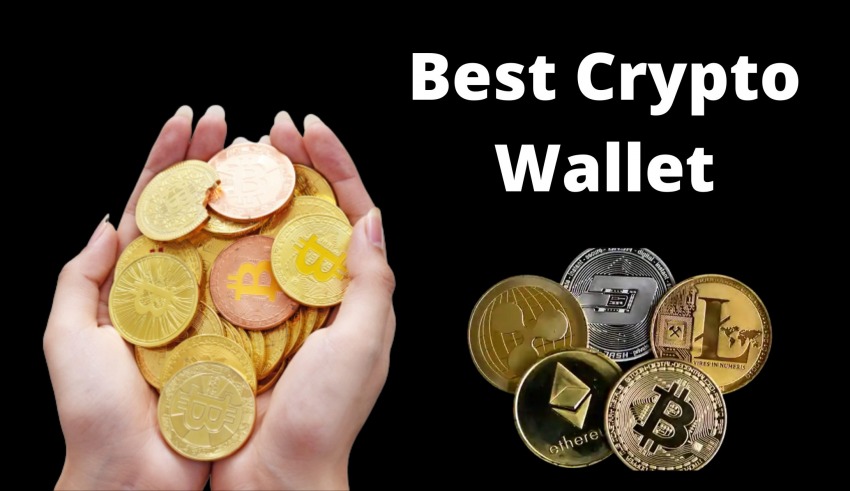Cryptocurrency continues to revolutionize the financial landscape, making it essential for investors to protect their digital assets. Central to this security is the crypto wallet, a tool designed to store, manage, and safeguard cryptocurrencies. Whether you’re just entering the crypto world or are an experienced trader, choosing the right wallet in 2024 is crucial for securing your investments.
What Are Crypto Wallets?
Crypto wallets are digital tools that store and provide access to cryptocurrencies. Instead of holding physical money, they store private keys, which are necessary to manage funds on the blockchain. There are various types of wallets, each catering to different needs, offering diverse features and levels of security.
Why Are Crypto Wallets Important?
Without a reliable wallet, cryptocurrencies are susceptible to hacks, fraud, and theft. A good wallet not only ensures the security of your assets but also facilitates seamless transactions. As cryptocurrency adoption continues to grow, having a dependable wallet has never been more critical.
Types of Crypto Wallets
Choosing the right wallet depends on how you plan to use and secure your cryptocurrencies. Here are the main types:
Hardware Wallets
These are physical devices that store crypto offline, providing one of the highest levels of security. Examples include Ledger and Trezor. Ideal for large holdings and long-term storage, hardware wallets are immune to most online threats.
Software Wallets
Software wallets are applications that run on your computer or smartphone. They are categorized into:
- Mobile Wallets: Convenient for on-the-go access, examples include Trust Wallet and MetaMask. While user-friendly, they are less secure than hardware wallets.
- Desktop Wallets: Installed on a PC, desktop wallets offer better security than mobile versions but require maintenance, such as antivirus software.
- Web Wallets: Accessible through browsers, web wallets (e.g., Coinbase Wallet) are easy to use but more vulnerable to phishing and online attacks.
Paper Wallets
These involve printing private and public keys on paper, keeping them offline and away from hackers. While secure from online threats, they can be easily lost, stolen, or damaged.
Key Features to Look for in a Crypto Wallet
To choose the right wallet, consider these essential features:
- Security Features: Look for two-factor authentication (2FA), encryption, and offline storage capabilities.
- User-Friendliness: An intuitive interface is crucial, especially for beginners, to avoid errors.
- Supported Cryptocurrencies: Ensure the wallet supports all the coins or tokens you plan to store.
- Backup and Recovery Options: Recovery phrases or seed phrases are vital to regain access if you lose your device.
Best Crypto Wallets for 2024
1. Ledger Nano X
- Key Features: Bluetooth-enabled, supports 1,800+ cryptocurrencies, and offers offline storage.
- Pros: Exceptional security and mobile-friendly functionality.
- Cons: Higher cost compared to other wallets.
2. Trezor Model T
- Key Features: Touchscreen interface, open-source software, supports 1,400+ cryptocurrencies.
- Pros: Strong security features and user-friendly interface.
- Cons: Bulkier and more expensive than Ledger options.
3. MetaMask
- Key Features: Browser extension and mobile app, designed for Ethereum and DeFi integration.
- Pros: Simple and beginner-friendly, ideal for Ethereum users.
- Cons: Limited to Ethereum and ERC-20 tokens.
4. Trust Wallet
- Key Features: Supports multiple blockchains, offers staking capabilities, and is free to use.
- Pros: Highly versatile and well-trusted in the crypto community.
- Cons: Customer support is limited.
5. Coinbase Wallet
- Key Features: Integration with the Coinbase exchange, NFT support, available for mobile and desktop.
- Pros: Easy setup and great for beginners.
- Cons: Centralized control may not appeal to all users.
Conclusion
Choosing the right crypto wallet in 2024 is essential for safely managing your digital assets. Hardware wallets like Ledger Nano X and Trezor Model T provide unmatched security for long-term holders, while software wallets such as MetaMask and Trust Wallet are ideal for daily transactions and accessibility. Consider your needs, security preferences, and the cryptocurrencies you plan to store before deciding on the best wallet for you.





